The ADEPT program is delivered in a hybrid format. While the 10 modules and weekly practice tutorials are conducted online and can be followed remotely, participants are required to travel for the in-person training days and experiential workshops. These sessions will take place at a central location in the Netherlands. Please note that participants are responsible for covering their own travel expenses.
A Responsible Path
to Psychedelic-Assisted Therapy
Comprehensive training for the next generation of skilled, ethical, and responsible psychedelic therapists. Grounded in science. Rooted in practice.
Menu
Bringing together highly experienced professionals with decades of expertise in providing and researching psychedelic therapy, ADEPT is a unique training programme specially designed to equip participants with the core competencies needed to become highly skilled and responsible psychedelic therapists.
ADEPT combines theoretical learning through case studies, lectures and tutoring with hands-on training through mentorship, role play and supervised learning therapy. This comprehensive approach fully equips participants to safely, ethically, and competently integrate psychedelic-assisted therapy in mental healthcare.
Programme Overview
Start Date
May 1, 2025
Programme Length
24 Months
Format
Hybrid
The ADEPT program spans two years and is delivered in a hybrid format, combining the flexibility of online lectures and tutor groups with the deep learning made possible through immersive in-person meetings. ADEPT contains ten 4-week online modules, five in-person meetings, and three multi-day experientials.
- Online modules teach a wide variety of topics, always touching on ethics and integration of theory into practice. Somatic and contemplative practices are taught throughout.
- In-persons focus on applied learning, community building, and practice. These take place a central location in the Netherlands.
- Experiential workshops provide opportunities to both facilitate and undergo self-experiences with psilocybin-containing truffles, under the supervision of clinical experts.
The first year includes seven online modules, three day-long in-person trainings, and one 3-day experiential. The second year includes three modules, two day-long in-persons, and two five-day experientials.
Learning Goals, Modules & Formats
Learning Goals
Master Core Therapeutic Practices
Develop a deep understanding of core practices in psycholytic, psychedelic-assisted therapies and MDMA-assisted therapy, contextualized within historical, cultural, and ethical frameworks.
Enhance Client-Centered Guidance
Develop expertise in guiding clients through pre-session preparation, session support, and post-experience integration, using a client-centered approach and an integrative therapeutic process.
Understand Pharmacology and Neurobiology
Gain in-depth knowledge of the pharmacological and neurobiological actions of classical and atypical psychedelics, including mechanisms of action and potential side effects.
Ensure Patient Safety
Cultivate skills to perform comprehensive health screenings, identify contraindications, and develop risk mitigation strategies, ensuring the highest safety standards for clients throughout their therapeutic journeys.
Integrate Indigenous Wisdom
Understand traditional and indigenous practices with psychedelics, and integrate these insights into a culturally attuned therapeutic framework that respects diversity and inclusivity.
Navigate Ethical Complexities
Learn how to navigate complex ethical issues in PAT, such as informed consent, therapeutic touch, and others, to maintain integrity and client-centered care.
Cultivate Mindful Presence
Cultivate the ability to be fully present, utilizing mindfulness, somatic practices, and self-reflection to maintain a centered and empathic therapeutic approach.
Gain Practical Experience
Gain hands-on experience in PAT sessions using both non-substance and substance-based modalities, under the supervision of highly experienced facilitators.
Engage with Research
Engage in critical analysis of the latest research findings on psychedelic-assisted therapy to differentiate between realistic outcomes and limitations.
Module overview
Orientation, core competencies and key concepts
Module 1
Introduces participants to the ADEPT program and its cyclical structure, covering theory, practice, ethics, and integration in each module. This first module focuses on building a supportive learning community, and addresses basic principles of psychedelic-assisted therapy (PAT), core competencies for therapists, key ethical considerations, and legal questions.
Historical and critical perspectives on psychedelics and psychedelic-assisted therapy
Module 2
Provides participants with a concise, comprehensive, and critical background overview of PAT, addressing the rich and varied history of human psychedelic use, waves of psychedelic research, and lessons learned from therapeutic applications of psychedelics in the 1950s and 60s. Participants gain a nuanced understanding of how to shape inclusive and respectful practices in contemporary psychedelic-assisted therapy (PAT).
Neurobiology and psychopharmacology of psychedelics
Module 3
Examines the physical underpinnings of PAT. Participants gain up-to-date knowledge on relevant mechanisms of action on multiple levels, covering pharmacology and neurobiology. Additionally, participants learn to critically evaluate the available scientific evidence, and learn to identify the limitations of our understanding, the role of hype, expectations and disillusionment.
Clinical evidence: risks, processes, outcomes
Module 4
Builds on the previous module, to explore the wide variety of relevant subjective and psychological mechanisms of PAT. It provides an overview of the clinical evidence, reviews adverse effects and challenging experiences, and discusses a holistic / integrative framework to apply the transdiagnostic potential of psychedelics in mental healthcare.
Models, modalities, and paradigms of (psycho)therapy in PAT
Module 5
Covers psychotherapeutic basics, explores some of the most used evidence-based, conventional therapeutic frameworks, and details ways of safely and effectively combining PAT within those frameworks. Additionally, participants learn about implementing indigenous, somatic, relational, and existential therapeutic modalities.
The arc of psychedelic-assisted therapy: preparation
Module 6
Focuses on assessing client suitability for covering indications, contraindications, and preparation for safe and effective sessions. Participants explore and employ psychological and health screening methods, risk mitigation factors, emphasizing the importance of informed consent and therapeutic alliance.
Understanding and working with non-ordinary states of consciousness
Module 7
Dives deep into the wide variety of non-ordinary states of consciousness (NOSC), taking into account personal, transpersonal, and interpersonal perspectives, addresses (counter)transference. Finally, participants learn how the strategic use of ritual and community can help participants make sense and meaning of NOSC in clinically and culturally appropriate contexts.
The arc of psychedelic-assisted therapy: session
Module 8
The emphasis is on psychedelic-assisted sessions and optimal ways of supporting clients during the acute and post-acute effects. It emphasises ways of enhancing safety, empathy, cultural sensitivity, and sustainable care. Participants explore typical dynamics and phases of intensity, how to manage intense experiences, and develop holistic frameworks for client support, aftercare, and therapist well-being.
The arc of psychedelic-assisted therapy: integration
Module 9
Focuses on the post-session or integration phase. Exploring intrapersonal, interpersonal, and transpersonal relationships. Through theoretical insights, practical techniques, and ethical considerations, participants learn to address post-session challenges, support meaning-making, and build infrastructure for long-term integration within clinical and community contexts.
The science and art of group therapy with psychedelics
Module 10
Addresses the critical topic of boundaries in psychedelic-assisted therapy (PAT), examining their dissolution during sessions and their impact on individuals and groups. Participants gain insights into maintaining safety and decorum, managing boundary testing, and balancing freedom and safety. The module integrates practical strategies for working with group dynamics, understanding adverse events, and navigating ethical challenges. It also emphasizes the importance of community, supervision, and reflective practice for therapists to foster accountable and inclusive care.
Formats
Monthly Q&A
Monthly two-hour curated live Q&A sessions with core and guest faculty.
Weekly classes
Weekly 2-hour lectures, followed by 2-hour live work groups guided by qualified tutors.
In-person meetings
5 full-day in-person meetings at a central location in the Netherlands. Virtual participation is not available for these sessions. Attendance is mandatory.
Three experiential workshops
One 3-day and two 5-day experientials. Participants take patient & therapist roles in a learning therapy context, using legal psilocybin-containing truffles.
10 online modules
On demand lectures, specially designed for the ADEPT curriculum on select relevant topics (see Modules tab), covering Theory, Practice, Ethics & Integration
Supplementary materials
Curated articles, book chapters, and videos.
Scroll up for LEarning goals, modules & formats
Click to expand & learn more.
Eligibility criteria
- Licensed mental health professionals (e.g., psychotherapists, clinical psychologists, psychiatrists)
- BIG registration or equivalent to licence professionals
- ≥3 years experience providing psychotherapy or mental health care
- Comprehension of academic English
- Minimum age: 25 years
- Minimum BA/BSc
- Professionals with other backgrounds may be considered (e.g. spiritual caregiver, clinical chaplain, sociotherapist, sociaal maatschappelijk werker)
*
Unlock the Potential to Transform Lives
Immerse yourself to gain the tools to guide others through profound healing and personal growth journeys.
*
Embody Ethical Excellence and Cultural Awareness
Develop a therapeutic practice that respects diversity, inclusivity, and ethical integrity. Navigate complex challenges with confidence, integrating contemplative, somatic, and indigenous practices , and traditional wisdom to create meaningful connections.
*
Build Expertise with a Cutting-Edge Community
Develop a comprehensive and interdisciplinary understanding of psychedelics under the guidance of field experts. Become part of a network of like-minded professionals committed to shaping the future of mental health care.
Core Faculty
The Core Faculty was selected for their extensive experience, diverse expertise, and leadership in psychedelic-assisted therapy, clinical research, ethics, and education. These global experts contribute to curriculum development, teaching, and mentorship, guided by integrity, professionalism, and deep therapeutic understanding.
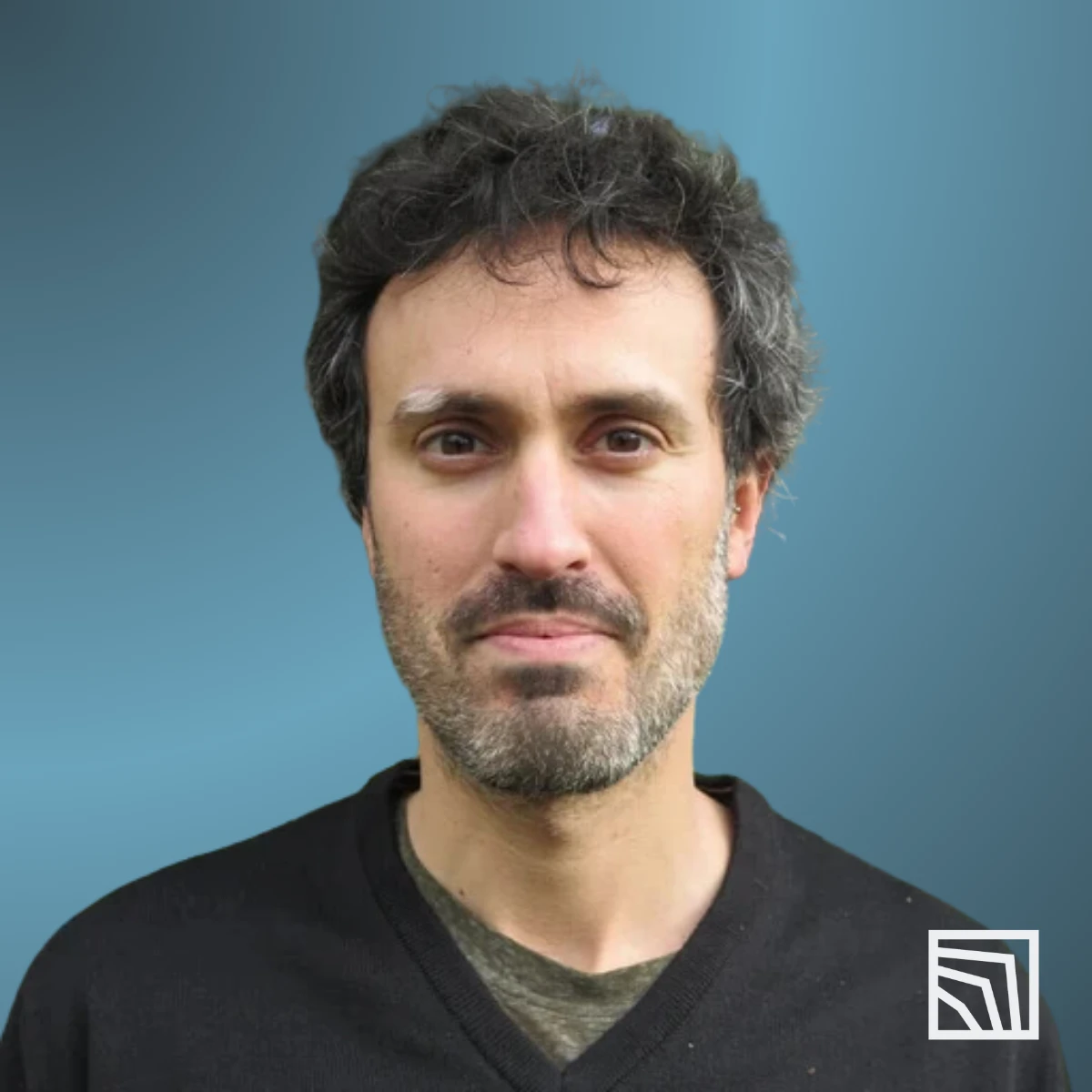
Marc Aixalà, MSc
Licensed health psychologist, psychotherapist, and Holotropic Breathwork facilitator. With expertise in non-ordinary states of consciousness and MDMA-assisted therapy for PTSD, he coordinates support services at ICEERS. Marc also leads workshops, conducts research, and offers lectures on integration and psychedelic psychotherapy globally.
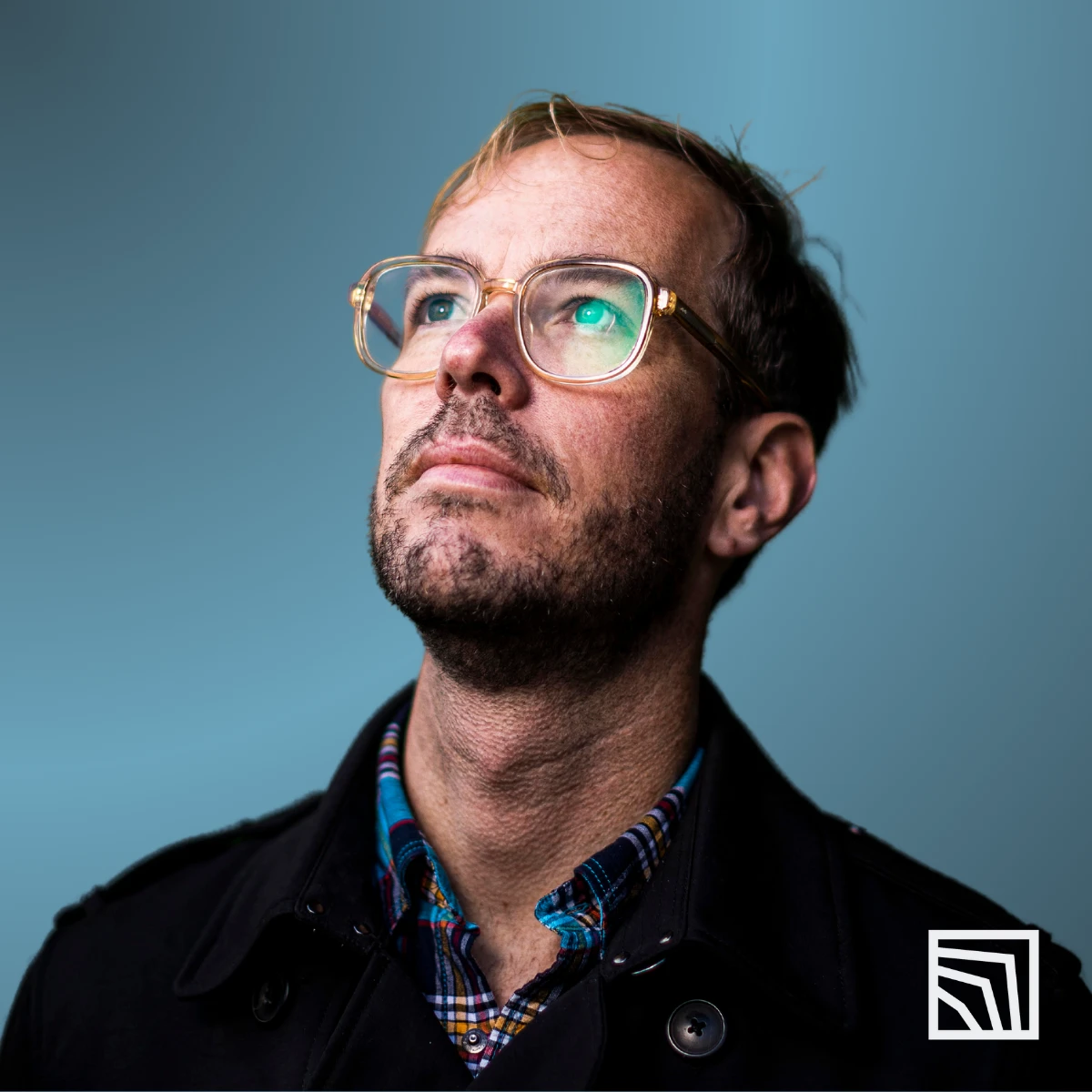
Michiel van Elk, PhD
Associate Professor at Leiden University, leading the PRSM Lab. With expertise in cognitive neuroscience, philosophy, and psychology of religion, he studies altered states of consciousness using diverse methods. A Fulbright scholar, Michiel published extensively and his work has appeared in major outlets like The New York Times and National Geographic.

Anja Loizaga-Velder, PhD
German-Mexican clinical psychologist and psychotherapist. Anja has over 30 years of experience working with indigenous psychedelic healing practices. She co-founded the Nierika Institute for Intercultural Medicine in Mexico, focusing on sacred plant medicine research and therapy. Anja also teaches in the Synthesis psychedelic practitioner training program.

Rosalind Watts, PsyD
Clinical psychologist and founder of ACER Integration. Developed the ACE model (Accept, Connect, Embody) for psychedelic therapy and the Watts Connectedness Scale. Former clinical lead on Imperial College London’s Psilocybin for Depression trial, she also serves on Usona Institute’s clinical advisory board.
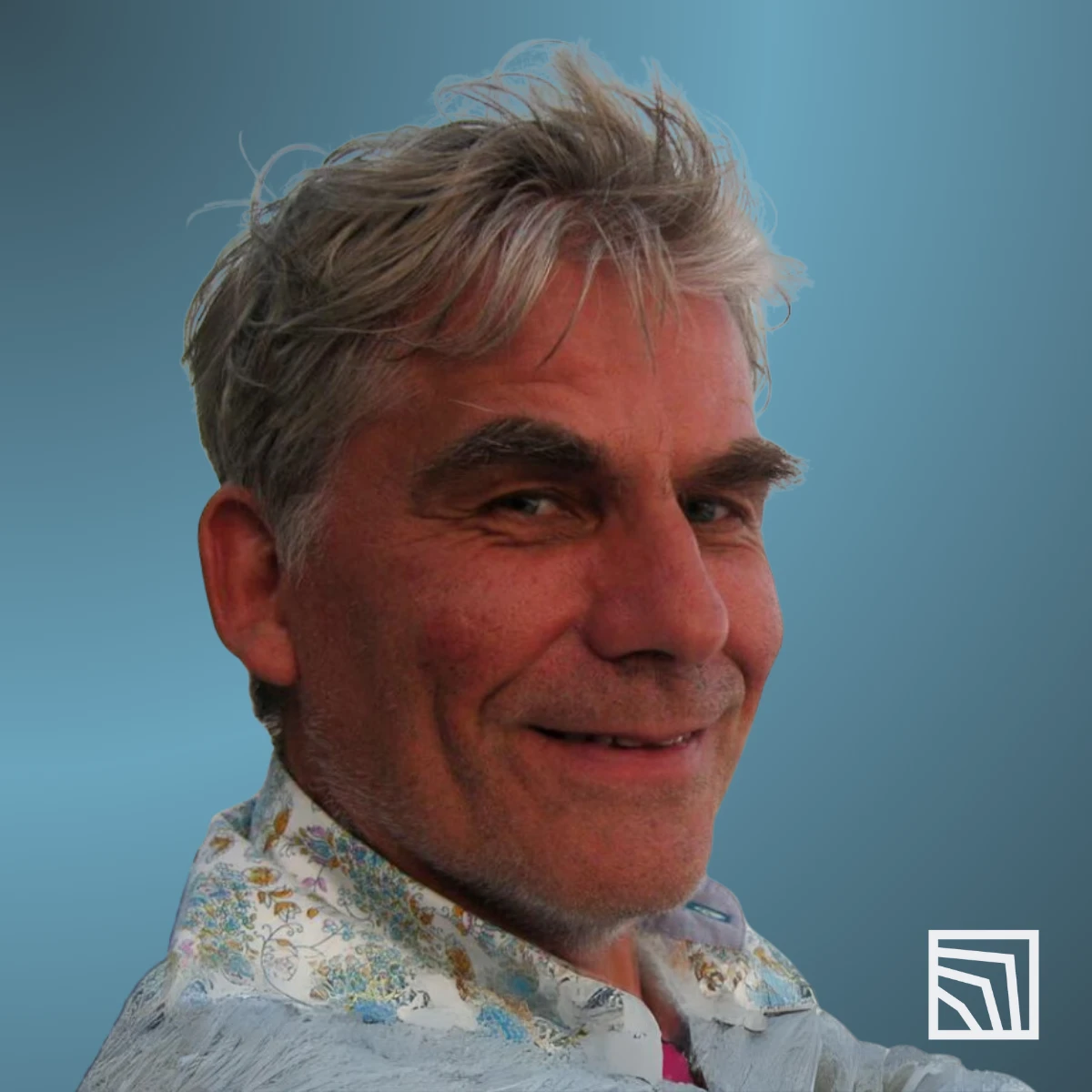
Torsten Passie, MD, MA
Professor of Psychiatry at Hannover Medical School and Visiting Scientist at Goethe University. An expert in hallucinogenic drug research, he has studied the therapeutic potential of altered states of consciousness. A former Harvard Visiting Professor, he has authored 20 books, including The Pharmacology of LSD and The History of MDMA.
Perspectives from our Core Faculty
"The brain reset analogy make people think PAT is a passive thing. In fact, it is a deeply engaged process that requires support from trained therapists."
Rosalind Watts, PsyD
"The work of a therapist is being confronted with difficult situations everyday. Finding a place where you are taken care of as a therapist can be very helpful."
Marc Aixalà, MSc
Tuition
Advanced Education in Psychedelic Therapy 2 year Training Programme
€9775
Per Year | Incl. 21% VAT
-
Gain full competency in psychedelic assisted therapy
-
Tailored exclusive curriculum
-
10 Live Q&A’s with core and guest faculty
-
10 Online modules
-
60 Live tutorials
-
5 In-person day trainings*
-
3-Day experiential workshop - Year 1*
-
2x 5-Day experiential workshop - Year 2*
-
Certification by OPEN Foundation
Payment Terms
*Multi-day experiential workshops include food and accommodation. In person day trainings include food and exclude accommodation. Participants are responsible for arranging their own transportation to the facilities.
Info Events
Curious to learn more? Want to join the training? Ask us anything, meet the team, and learn more about ADEPT: Advanced Education in Psychedelic Therapy.

Thursday 9 Jan 2025, 8PM CET - 60min
*By registering, you’ll be added to the priority list and notified first when enrolment opens.

tuesday 28 jan 2025, 8PM CET - 60min
*By registering, you’ll be added to the priority list and notified first when enrolment opens.
Advisory Council
The Advisory Council brings together world-renown experts with immense collective knowledge, integrity, and experience in designing and running training programs for healthcare professionals, including psychedelic-assisted therapy. They contribute to content development, strategy, and quality control in ethics, infrastructure, and program delivery.
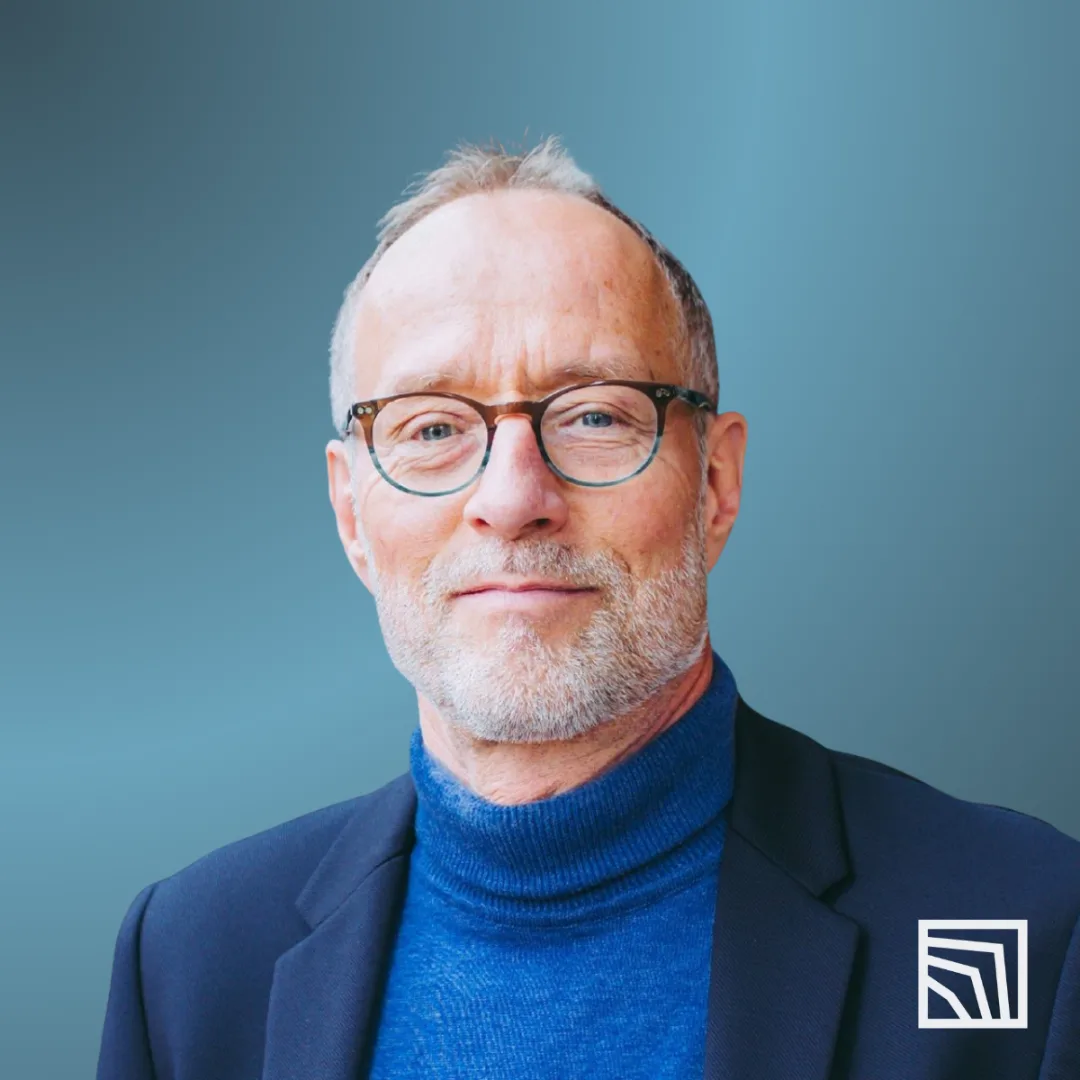
Robert Schoevers, MD, PhD
Professor of Psychiatry and Head of the Department at UMCG. His research focuses on mood and anxiety disorders, particularly depression, aiming to develop effective interventions by exploring neurobiological and psychological mechanisms. His work includes studying psychoplastic compounds, like ketamine and psilocybin, for treatment-resistant depression.
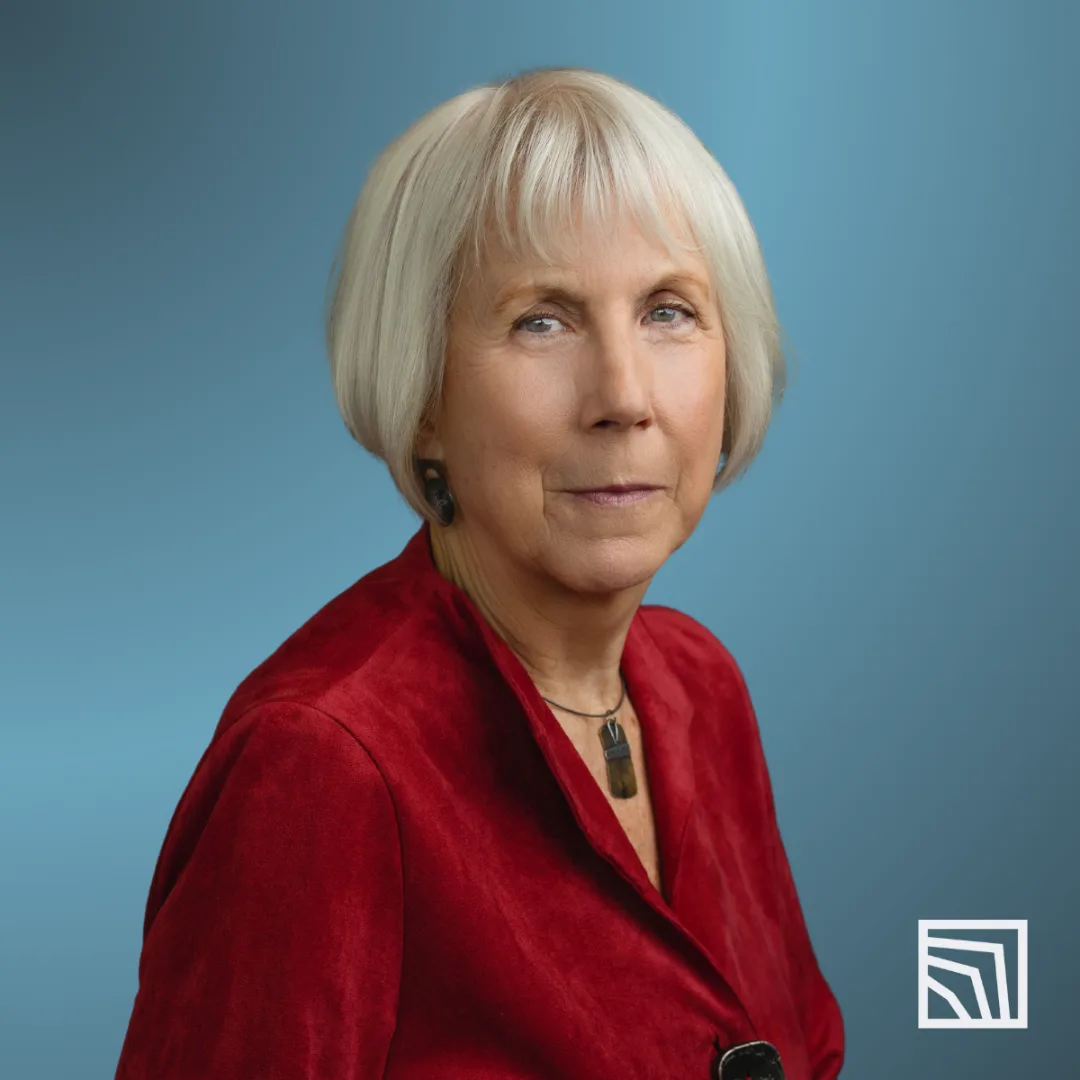
Janis Phelps, PhD
Founder and director of the psychedelic therapy education programme at CIIS in San Francisco. Her 2017 publication outlines best practices for training psychedelic therapists. With over 25 years of experience, she has worked as a clinical psychologist and professor in various therapeutic modalities.
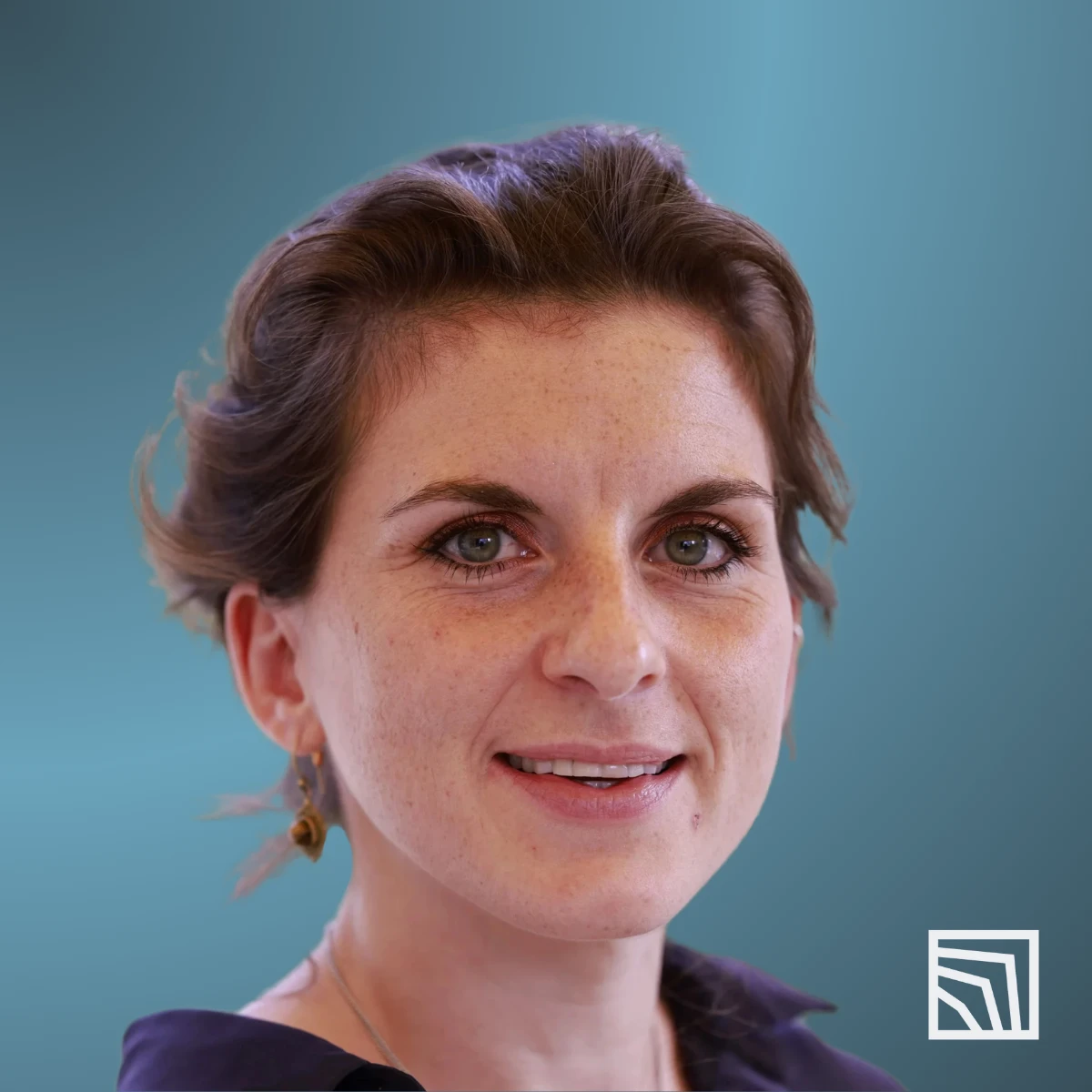
Helena Aicher, PhD
During Helena’s time as clinical psychologist at the University Hospital of Psychiatry Zurich, she joined the Department of Neuropsychopharmacology and Brain Imaging to study the effects of psychedelics and meditation.
For her PhD, she investigated the effects of ayahuasca and analogues on the relationship to oneself and others, psychotherapy-relevant processes, underlying mechanisms, and contextual modulators with trans-disciplinary and multimethod approaches.
She is currently involved in several trials applying DMT/harmine and also 5MeO-DMT formulations in group and retreat settings. Helena is also working as a psychotherapist including the limited medical use of psychedelics. Thereby, she finds herself at intersections, aims at bridging science and practice, contributing to the development and implementation of psychedelic-assisted therapy.
For her PhD, she investigated the effects of ayahuasca and analogues on the relationship to oneself and others, psychotherapy-relevant processes, underlying mechanisms, and contextual modulators with trans-disciplinary and multimethod approaches.
She is currently involved in several trials applying DMT/harmine and also 5MeO-DMT formulations in group and retreat settings. Helena is also working as a psychotherapist including the limited medical use of psychedelics. Thereby, she finds herself at intersections, aims at bridging science and practice, contributing to the development and implementation of psychedelic-assisted therapy.

Lisa Bright
Decades of experience in executive board functions and as a senior adviser to multiple pharmaceutical companies. Highly experienced in vision and strategy development with an extensive network in fundraising.
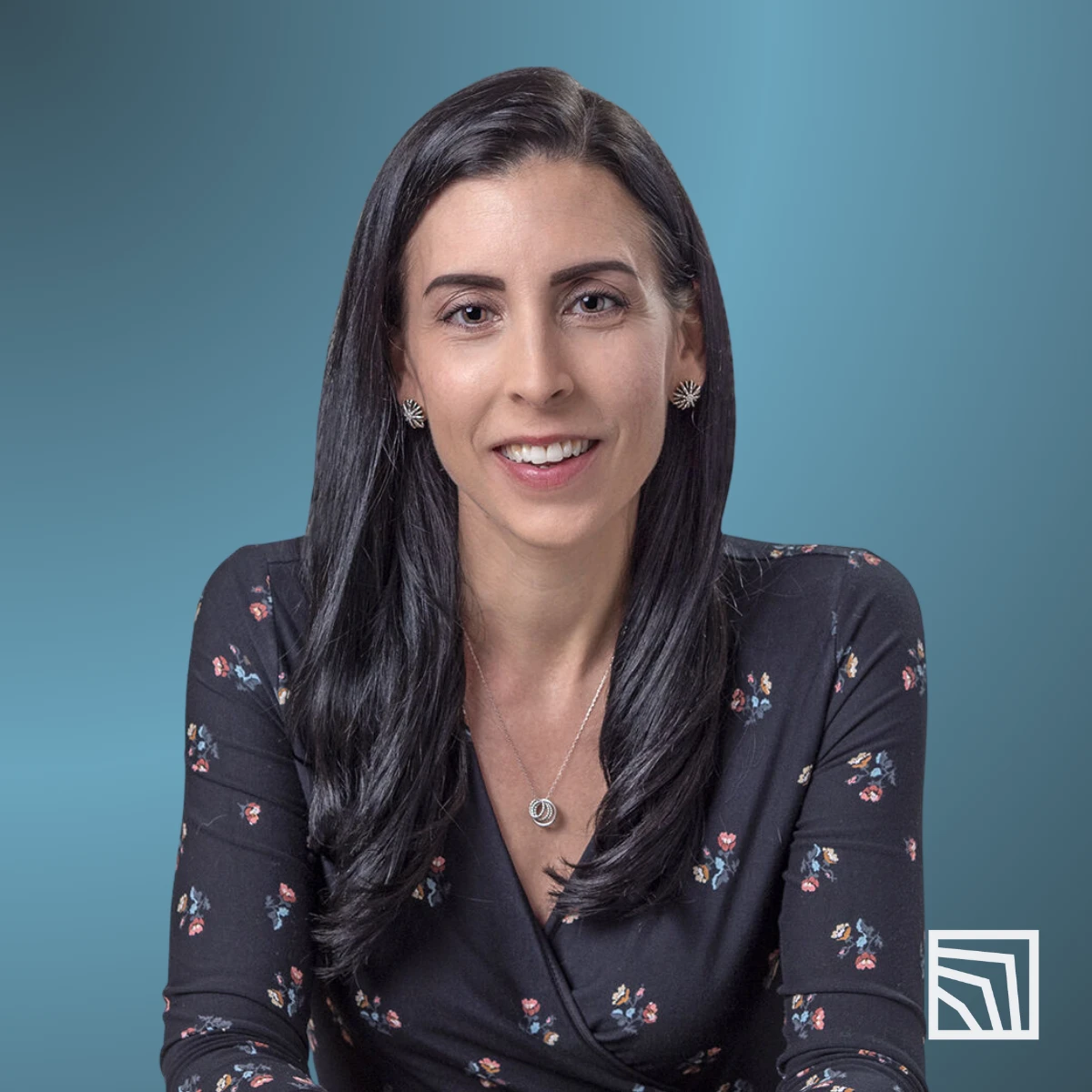
Holly Fernandez Lynch
ADEPT is brought to you by the OPEN Foundation.
Since 2007, OPEN has fostered collaboration and education among experts in psychedelic therapy. Through its extensive network and initiatives, OPEN has become a trusted platform for connecting researchers, clinicians, and policymakers, facilitating the exchange of knowledge and best practices. OPEN is committed to advancing evidence-based approaches. OPEN has centred its efforts on organising conferences, online events, workshops, and publications that have significantly contributed to the development and professionalization of the psychedelic therapy field.
ADEPT is OPEN Foundation’s most comprehensive offering yet – guided by our standing values and principles.
*
Professionalism
Dedicated to continuous learning, development, and upholding therapeutic rigor. Emphasizing growth through ongoing education and reflective practice while encouraging both personal and professional development.
*
Ethics
Upholding the highest standards in safety and integrity to ensure responsible, accountable and professional practice. Valuing diverse experiences and creating inclusive, respectful care.
*
Care
A commitment to providing integrative, client-centered psychedelic therapy, fostering a safe and therapeutic environment.
*
Connection
Fostering a sense of belonging, support, and shared purpose among practitioners and clients. Encouraging teamwork and interdisciplinary collaboration to advance the field of psychedelic care and enhance collective growth.
“In the past decades, there has been a lack of innovation in mental health therapeutics.”
— Pia Dijkstra, Minister of Healthcare, The Netherlands at the Interdisciplinary Conference of Psychedelic Research
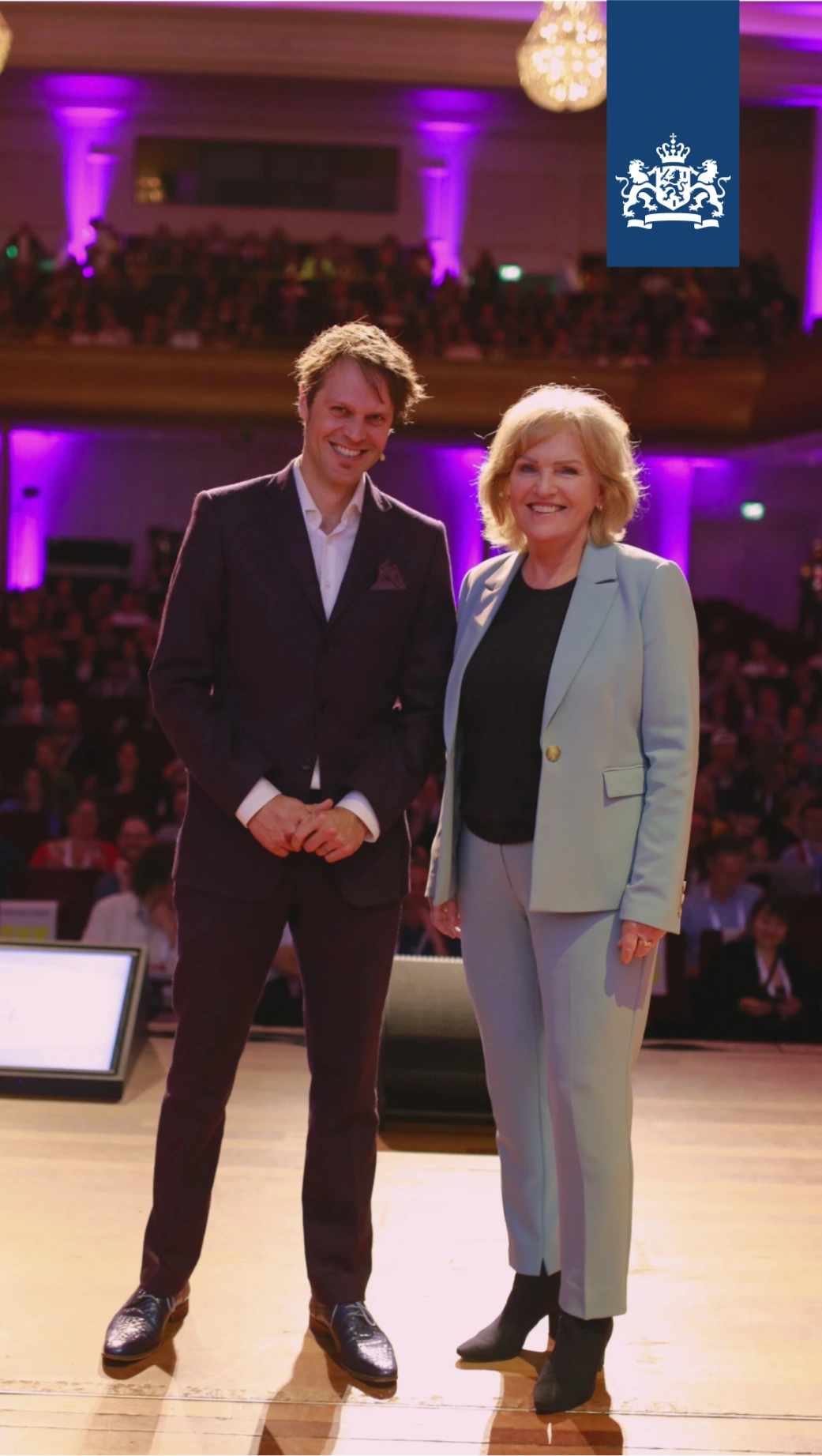
FAQ
Practicalities
Am I eligible to apply?
Eligibility criteria
- Licensed mental health professionals (e.g., psychotherapists, clinical psychologists, psychiatrists)
- BIG registration or equivalent to licence professionals
- ≥3 years experience providing psychotherapy or mental health care
- Comprehension of academic English
- Minimum age: 25 years
- Minimum BA/BSc
- Professionals with other backgrounds may be considered (e.g. spiritual caregiver, clinical chaplain, sociotherapist, sociaal maatschappelijk werker)
The ADEPT program is open to licensed mental health professionals, including medical doctors, psychotherapists, and clinical psychologists, with priority given to BIG-registered professionals. Ideally, applicants should have a background in psychotherapy or experience providing therapeutic care to clients, as this will support the integration of psychedelic-assisted therapy into their existing practice.
We also welcome applications from family therapists, psychiatric nurses, addiction therapists, and complementary therapists with relevant academic qualifications (minimum BA/BSc).
How is the course delivered?
ADEPT will be delivered in a hybrid format, combining full in-person training days, experiential learning and both pre-recorded and live online education.
- 10 online modules: Pre-recorded lectures of up to 2-hours weekly.
- Weekly tutorials: up to two-hour live workgroups under the guidance of qualified tutors.
- Monthly Q&A: 2-hour live Q&A with core and guest faculty.
- In-person meetings: Five in-person meetings focusing on applied learning and preparation will be held at a central location in the Netherlands. *Remote participation is not available for these sessions. Attendance is mandatory and participants residing outside the Netherlands are responsible for arranging their own transportation and accommodation if needed.
- Three multi-day experiential workshops:
- Year 1: 3-day experiential workshop
- Year 2: 2x 5-day experiential workshop *Remote participation is not available for these sessions. Attendance is mandatory for both in-person training and experiential workshops. Accommodation and food are included.
What is the expected time commitment?
Participants should expect to dedicate up to 6 – 10 hours per week to the program. This time is divided over watching recorded lectures, participation in discussions and study groups, live sessions, and self study of additional supplementary materials like scientific publications, book chapters, and watching relevant videos.
What is the language of the course material, lectures, and training?
All course materials, lectures, and training content for the ADEPT program will be conducted in English. Proficiency in English is essential to fully engage with the content, participate in discussions, and interact with peers and instructors.
What is the tuition fee?
The total cost of the ADEPT program is €19.500 including VAT. This fee includes access to all online modules, lunch during in-person training days, as well as accommodation and meals during the multi-day experiential workshops. Participants residing outside the Netherlands are responsible for arranging their own accommodations for the in-person training days and transportation.
What are the payment terms?
The total cost of the 24-month ADEPT program is €19,550 (incl 21% VAT) or 9,775 per year. Those who choose to pay in full, upfront, receive a €550 discount, totaling €19,000 (incl 21% VAT).
Additionally, there is the option to pay in 6 installments of €3422 (incl 21% VAT) each.
Participants who do not pay in full, upfront, will receive a secure payment link to authorise scheduled deductions from their account on predetermined dates. It is the participant’s responsibility to ensure sufficient funds are available on these dates to avoid delays or penalties.
Failure to complete payments by the agreed deadlines may incur additional charges, such as administrative fees or late payment penalties.
about
What is ADEPT?
ADEPT stands for Advanced Education in Psychedelic Therapy. It is a comprehensive training program designed for licensed mental health professionals. Combining theoretical knowledge, hands-on experiential learning, and ethical guidance, the program focuses on the clinical, cultural, and neurobiological aspects of psychedelic-assisted therapy, aiming to set the standard for safe and effective psychedelic care in Europe. It contains 10 online modules (of 4 weeks each), weekly tutorials, live Q&A sessions, five in-person training days, and three experiential workshops held at a central location in the Netherlands.
The first year, focus on non-substance-based experiential practices such as breath-work and somatic practices across three in-person training days. To provide foundational exposure to the therapeutic process, participants will engage in a three-day experiential workshop with psilocybin-containing truffles.
The second year, while still incorporating theory, the focus shifts towards supervised, substance-based experiential sessions. Participants will practice in two in-person training days and two five-day experiential workshops. During these workshops, participants will both facilitate and undergo self-experiences with psilocybin-containing truffles. This comprehensive approach ensures that participants gain both the academic knowledge and practical skills necessary for providing safe and effective psychedelic-assisted therapy.
How will practical experience be incorporated?
ADEPT incorporates practical experience through a combination of non-substance and substance-based sessions across the two-year program.
In Year 1, participants attend three in-person gatherings focusing on somatic exercises, breath-work, and role-play to practice guiding altered states. Additionally, there is one three-day self-experience workshop with substances.
In Year 2, participants attend two more in-person training days and engage in two supervised, multi-day, substance-based sessions to gain direct experience in client preparation, session facilitation, and integration, under expert supervision, ensuring a safe and structured learning environment.
Is taking the substance required for course participation and certification?
Participation in the experiential workshops is mandatory, as they are an essential part of the program. However, taking the substance during these workshops is not required. While we strongly encourage self-experience, based on evidence showing its importance for developing deeper therapeutic insight, participants may choose not to partake. These workshops emphasise various experiential practices and are subject to a careful screening process to ensure participant safety and comfort.
Accreditation
Is there certification and accreditation?
Upon completing the two-year professional training program and fulfilling all requirements, participants will receive a Certificate in Psychedelic-Assisted Therapy from the OPEN Foundation, provided they attend at least 80% of all scheduled online activities (online lectures, tutorials and live Q&A’s) and fulfil all course requirements and assignments. For in-person meetings and experiential sessions, 100% attendance is required to ensure full engagement with the program’s core components.
The ADEPT certificate reflects the participant’s mastery of advanced knowledge, practical skills, and ethical competencies necessary for this emerging field. Issued by the Open Foundation, the certificate holds international recognition, symbolizing participation in a rigorous, science-based program co-developed by leading experts in the field.
Continuing Education (CE) Credits upon completion, pending approval.
What can I do with the certification?
This certification recognises your advanced knowledge and skills in psychedelic-assisted therapy, enabling you to integrate these techniques into your existing practice within legal boundaries. However, please be aware that this certificate does not provide a license or legal authority to independently practice psychedelic-assisted therapy outside of regulated settings.
Team
ADEPT’s driving forces from the OPEN Foundation.
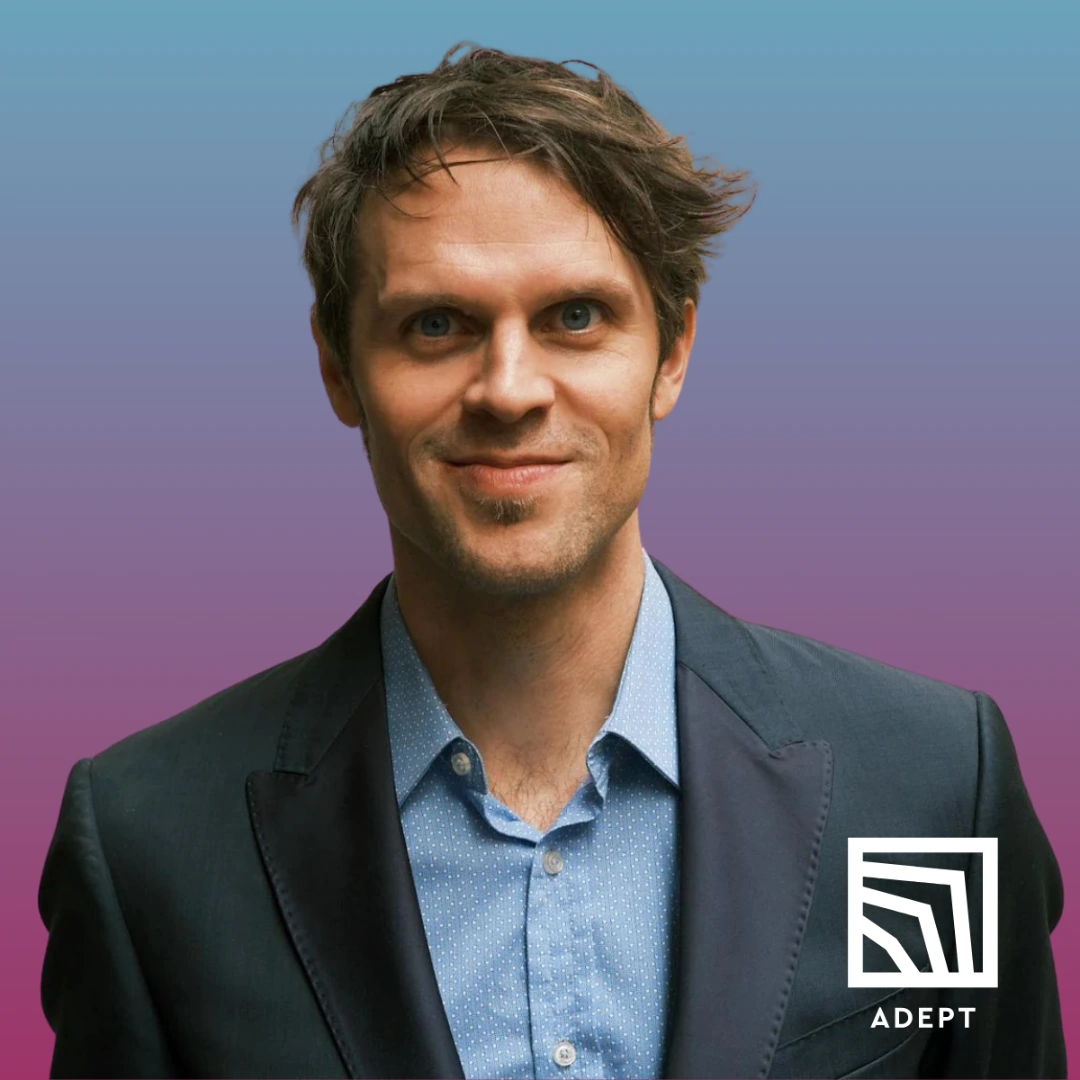
Joost Breeksema
Director OPEN Foundation
Joost holds a MA in philosophy and a PhD in Psychiatry. His work bridges the boundaries of psychiatry, psychology, philosophy, qualitative research, and public health. A connector at heart, he is convinced that therapeutic use of psychedelics can only be advanced through critical reflection, rigorous science, interdisciplinarity and collaboration. Underlying all his work is a deep-seated belief in the scientifically grounded, responsible, inclusive, and ethical integration of psychedelics into healthcare and society.

Ana Martins
Operational Manager
Conference Manager for ICPR 2024, Ana brings extensive experience in large-scale event and project management. With a Master’s degree in Clinical Psychology from Leiden University, Ana combines clinical expertise with operational acumen. She is dedicated to bridging research and practice, contributing to the advancement of psychedelic therapy training through her organisational and strategic efforts.
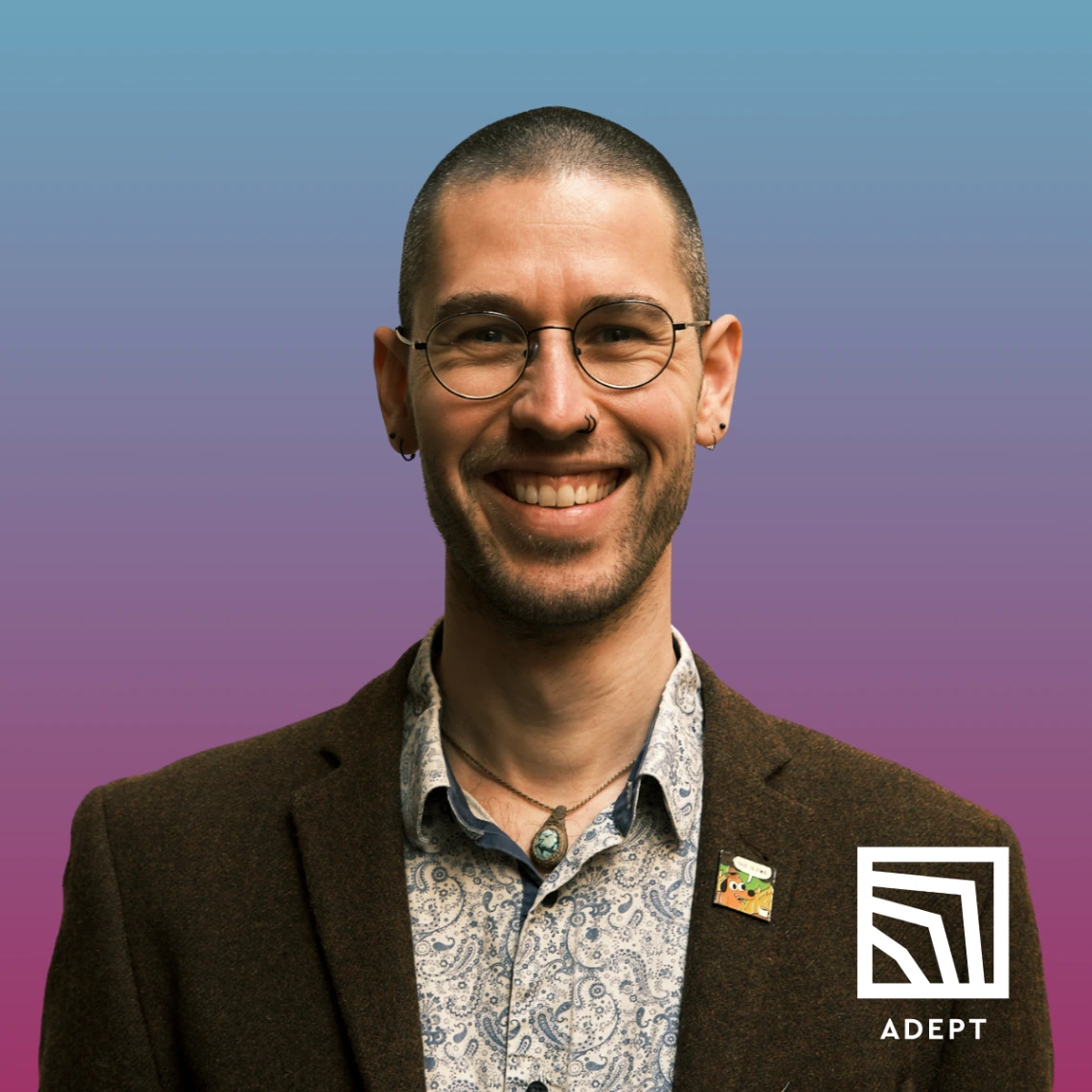
Daan Keiman
Educational Lead
Daan is a psychedelic and Buddhist chaplain with a private practice, blending contemplative practices, (neuro)anthropology, cognitive science, and existential therapy. With extensive experience as a facilitator and curriculum developer for psychedelic training programs, Daan promotes a multidimensional approach to psychedelic-assisted psychotherapy and advocates for community-based care models.
Contact Us
You can reach the ADEPT team via email.
Please include a clear subject line to help us address your query promptly.
adept@open-foundation.org

